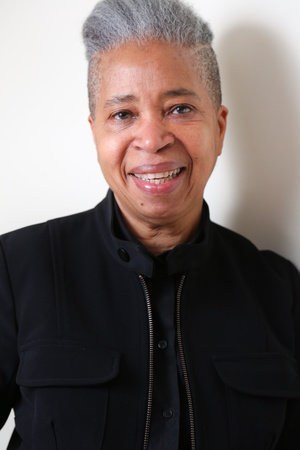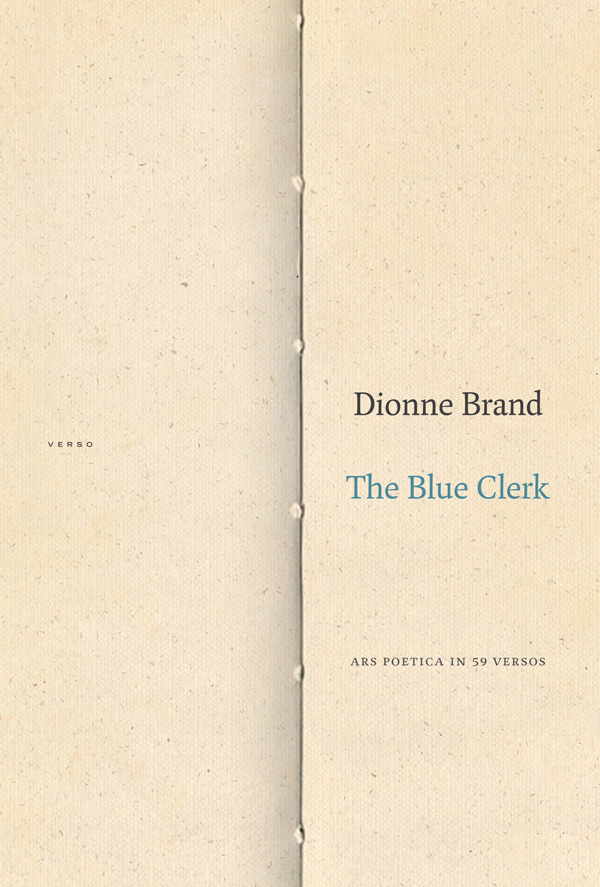Alice B. Toklas on Gertrude Stein on Picasso on Gertrude Stein: In these early days … the effect of the african art was purely upon his vision and his forms, his imagination remained purely spanish …. She was not at any time interested in african sculpture. She always says that she liked it well enough but that it has nothing to do with europeans, that it lacks naïveté that it is very ancient, very narrow, very sophisticated but lacks the elegance of the Egyptian sculpture from which it is derived. She says that as an American she likes primitive things to be more savage.
Who on earth is left who did not say an awful thing, the clerk wonders. Who. Who did not disguise it as sophistication, as knowledge, as wit. What jaded poses dismiss all dreadfulness. How the author bears all this is alarming. And that isn’t even the worst. Such memory loss you have. Melanctha. My amnesia is useful. How many micro-abrasions, as they say, do you think I could take?
Rose Johnson was careless and was lazy, but she had been brought up by white folks and she needed decent comfort. Her white training had only made for habits, not for nature. Rose had the simple, promiscuous immorality of the black people. Rose Johnson and Melanctha Herbert like many of the twos with women were a curious pair to be such friends. Melanctha Herbert was a graceful, pale yellow, intelligent, attractive negress. She had not been raised like Rose by white folks but then she had been half made with real white blood.
Each sentence is a razor blade. Toklas says (and still I am honouring the conceit) … And still you are honouring the conceit. Can you call it a conceit anymore, truly? You’re right of course but Alice says that when Gertrude Stein wrote this it was the first definite step away from the nineteenth century and into the twentieth century in literature. Well all that is certainly generous, the clerk laughs. Sometimes the clerk laughs an uncontainable laugh. An unruly, veering laugh. It veers and it cracks and the author hears it like a bone being broken when a car hits it out of the blue. And even so, the author quotes Alice B. Toklas, Gertrude Stein concluded that negroes were not suffering from persecution, they were suffering from nothingness. She always contends that the African is not primitive, he has a very ancient culture and there it remains. Consequently nothing does or can happen.
Didn’t Hegel say that? It’s all I remember of Hegel. The clerk is laughing now like machines cutting gravel in a quarry. See Picasso’s Acrobat and Young Harlequin, 1905. Just to state the obvious, the clerk states the obvious. These effete and childish paintings, their organ-grinding stupidity. Then observe the utter ripping of Picasso’s sensibilities, the shredding of his senses when the African sculptures entered him. Then, Head of a Woman, 1907. Head of a Man,. 1907. The author and the clerk mimic Alice with their hostile pity, … the charming early Italian period to the intensive struggle which was to end in cubism.
Is there an essentialism creeping in here. The tentative author. No, a tiredness with having to recuperate, from essentialism, the conversations going on in the African sculptures so they may go on their way. In a future uninterrupted they break their own mythologies. Will I? The plaintive author. Who knows.
Who on earth is left who did not say an awful thing, the clerk wonders. Who. Who did not disguise it as sophistication, as knowledge, as wit. What jaded poses dismiss all dreadfulness. How the author bears all this is alarming. And that isn’t even the worst. Such memory loss you have. Melanctha. My amnesia is useful. How many micro-abrasions, as they say, do you think I could take?
Rose Johnson was careless and was lazy, but she had been brought up by white folks and she needed decent comfort. Her white training had only made for habits, not for nature. Rose had the simple, promiscuous immorality of the black people. Rose Johnson and Melanctha Herbert like many of the twos with women were a curious pair to be such friends. Melanctha Herbert was a graceful, pale yellow, intelligent, attractive negress. She had not been raised like Rose by white folks but then she had been half made with real white blood.
Each sentence is a razor blade. Toklas says (and still I am honouring the conceit) … And still you are honouring the conceit. Can you call it a conceit anymore, truly? You’re right of course but Alice says that when Gertrude Stein wrote this it was the first definite step away from the nineteenth century and into the twentieth century in literature. Well all that is certainly generous, the clerk laughs. Sometimes the clerk laughs an uncontainable laugh. An unruly, veering laugh. It veers and it cracks and the author hears it like a bone being broken when a car hits it out of the blue. And even so, the author quotes Alice B. Toklas, Gertrude Stein concluded that negroes were not suffering from persecution, they were suffering from nothingness. She always contends that the African is not primitive, he has a very ancient culture and there it remains. Consequently nothing does or can happen.
Didn’t Hegel say that? It’s all I remember of Hegel. The clerk is laughing now like machines cutting gravel in a quarry. See Picasso’s Acrobat and Young Harlequin, 1905. Just to state the obvious, the clerk states the obvious. These effete and childish paintings, their organ-grinding stupidity. Then observe the utter ripping of Picasso’s sensibilities, the shredding of his senses when the African sculptures entered him. Then, Head of a Woman, 1907. Head of a Man,. 1907. The author and the clerk mimic Alice with their hostile pity, … the charming early Italian period to the intensive struggle which was to end in cubism.
Is there an essentialism creeping in here. The tentative author. No, a tiredness with having to recuperate, from essentialism, the conversations going on in the African sculptures so they may go on their way. In a future uninterrupted they break their own mythologies. Will I? The plaintive author. Who knows.





